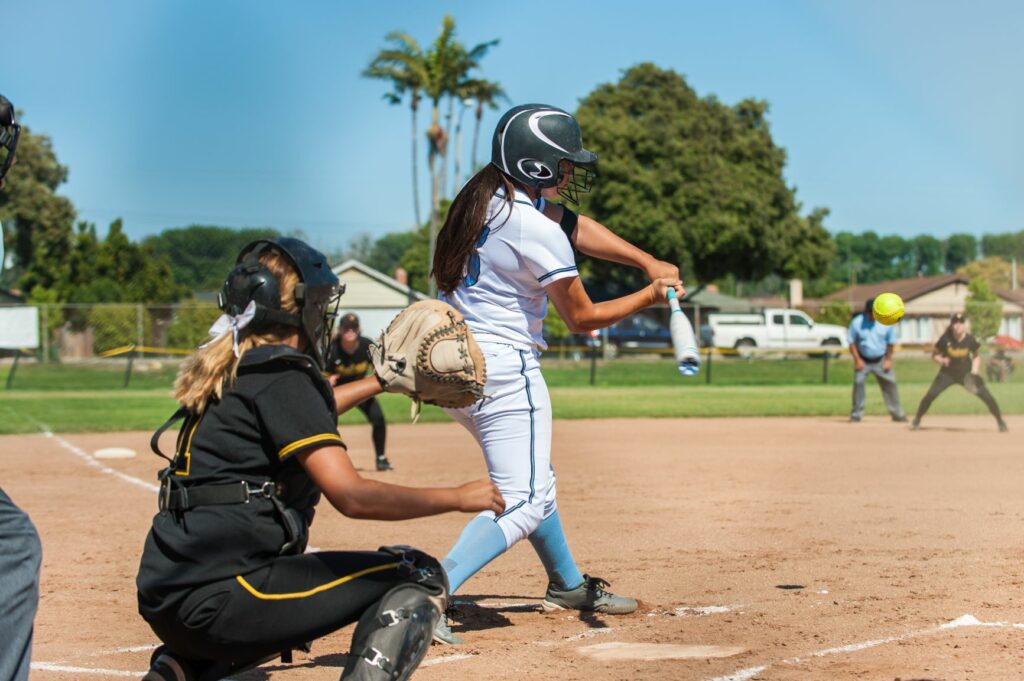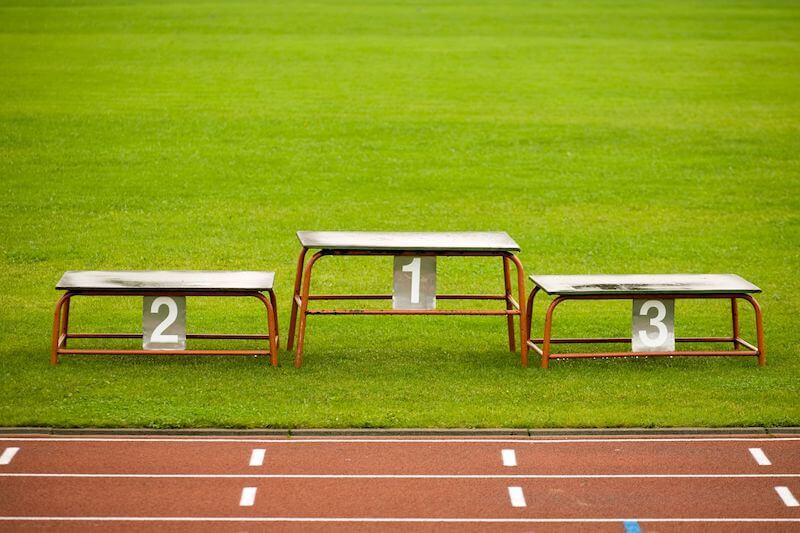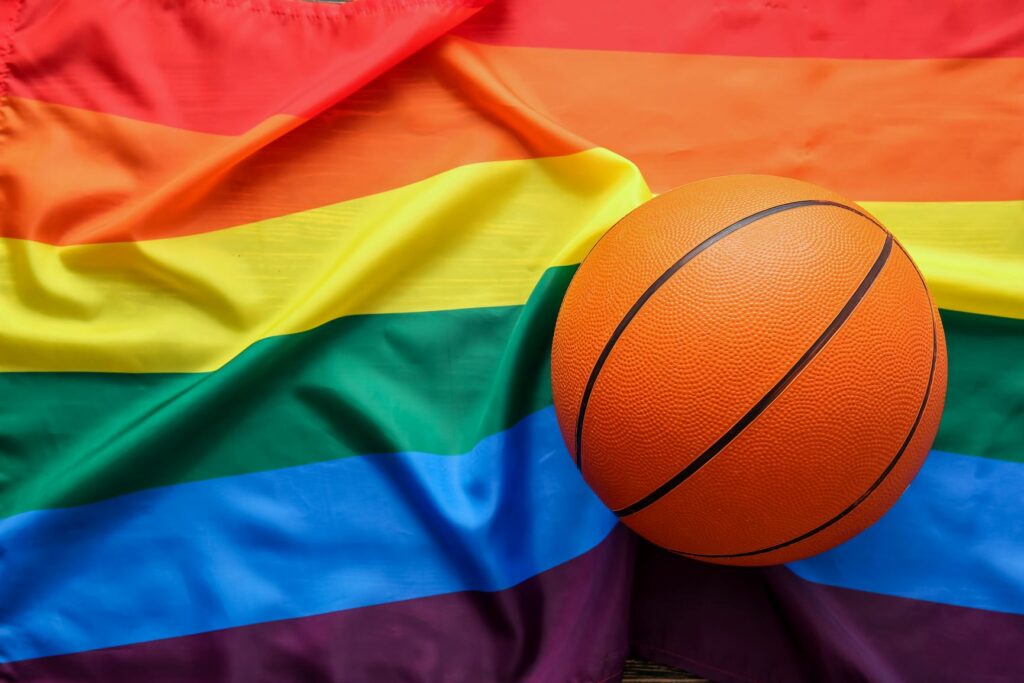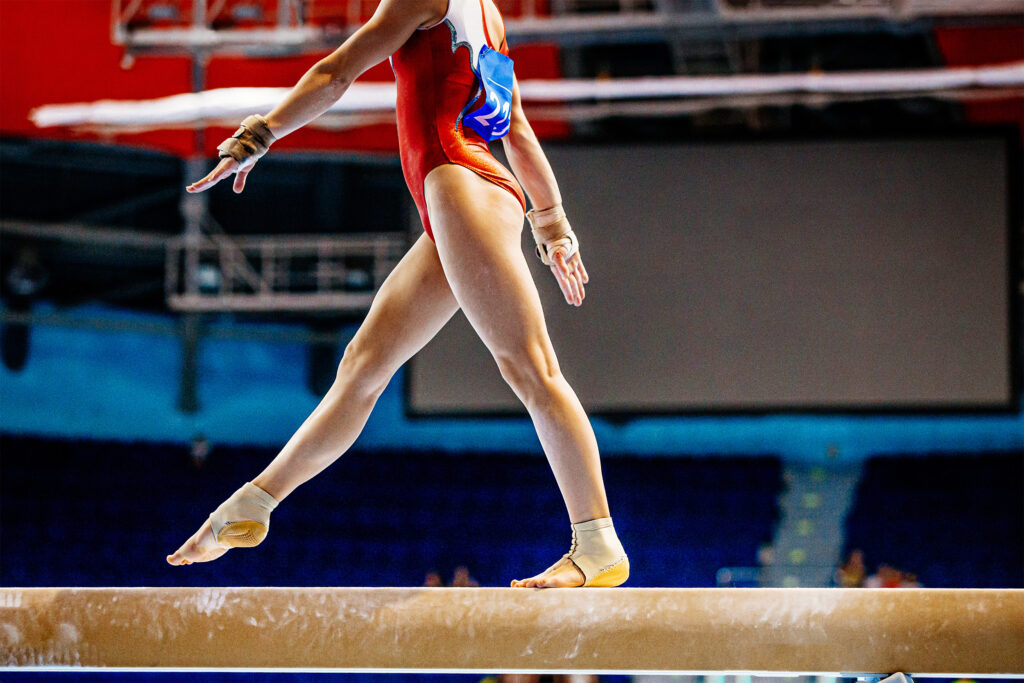Tokyo, Beijing and a global pandemic: How 4 sports are advancing Safe Sport

Highlights Perhaps not surprisingly, the unofficial theme of the Tokyo 2020 Olympic and Paralympic Games has been ‘safety first.’ Postponed from 2020 to 2021 due to the COVID‑19 pandemic, the Summer Olympic and Paralympic Summer Games are scheduled to take place respectively from July 23 to August 8 and from August 24 to September 5. Even before the…
Summer 2021 SIRCuit
The Summer 2021 SIRCuit is now available! The SIRCuit is designed to highlight important research and insights to advance the Canadian sport system. With the summer Olympic and Paralympic Games in Tokyo on the horizon and the winter Games in Beijing just around the corner, this edition of the SIRCuit dives into issues and trends that will…
Building a culture of excellence in high performance sport

Highlights An organization’s culture involves the values, attitudes and goals that are shared by a group of people. These values, attitudes and goals influence how the group interacts and operates as its members work toward a common goal. Within and beyond sport, culture helps to determine a team’s focus, establishes norms of acceptable behaviour and…
Independent Safe Sport Mechanism
The Government of Canada announced that the Sport Dispute Resolution Centre of Canada (SDRCC) has been selected to establish and deliver a new Independent Safe Sport Mechanism. Thank you to Canadian sport leaders, all stakeholders and participants that have helped the Canadian sport system reach this important milestone in making sport safer.
Athletes’ Anti-Doping Rights Act
The 2021 Canadian Anti-Doping Program (CADP) incorporates the World Anti-Doping Agency’s new Athletes’ Anti-Doping Rights Act. Developed by athletes, for athletes, the Act outlines various athlete rights with respect to the fight against doping and to further support athletes worldwide in their right to compete in clean, fair and ethical sport. Learn how the CADP…
The Operationalizing Intersectionality Framework
The Operationalizing Intersectionality (OI) Framework provides guidance for putting intersectional approaches into practice. Visualized as a wheel, the OI Framework identifies four points of traction: (1) Learning, (2) Harm Reduction, (3) Accountability & Transparency, and (4) Transformation. Learn about how you can apply these concepts to improve programs, policies, and spaces in the SIRC blog.
Egale’s 2021 Guide to International Day Against Homophobia, Biphobia, Intersexism and Transphobia for Sports Organizations

Sport communities across Canada and the world have experienced a year like no other. Lockdown and isolation have left all of us eager to begin playing and training again. Now, more than ever, we understand how sport serves as a tool to bring communities together to support physical and mental health outcomes (Eime et al.,…
Culture shift
The #MeToo and Time’s Up movements have permeated virtually every sector of Canadian society and mirror a culture change that is happening in sport. Safe Sport encompasses the rights for everyone to experience physical and psychological safety in the sport environment, calling for power to be used in positive ways.
Next Steps in the Safe Sport Journey: From Prevention of Harm to Optimizing Experiences

Highlights This article addresses the next steps in the Safe Sport journey; specifically, how to move from a focus on prevention of harms to a focus on optimizing the sport experience for athletes and sport leaders alike. This journey involves a cultural change in sport—one that challenges some traditionally accepted assumptions and practices and encourages…
Anti-racism on campus
An investigation by CBC Sports of key positions in Canadian university athletics departments revealed only 10% were held by BIPOC individuals. Other research has demonstrated the underrepresentation of BIPOC student-athletes in every sport and team. Learn about anti-racism efforts at the University of Toronto.